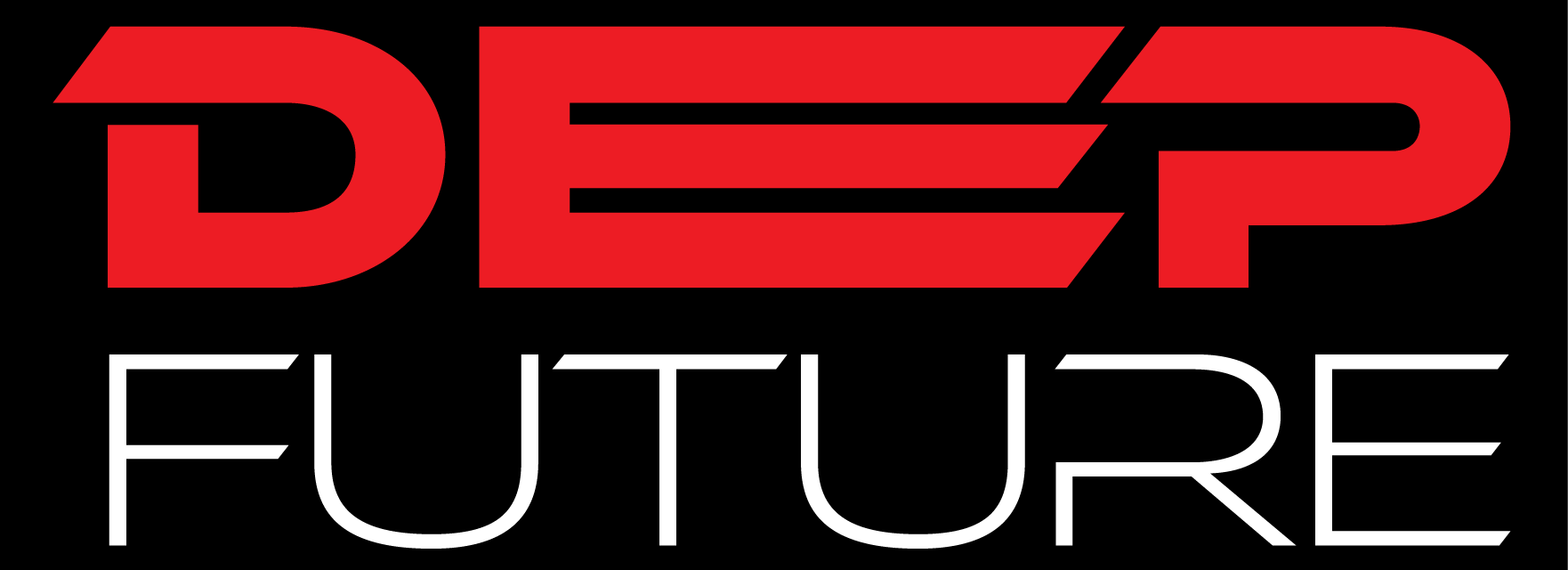By
Pablos Holman
November 10, 2024

From Alain Blancquart, EvoChip CEO:
I am pleased to confirm the investment of Deep Future VC in EvoChip. This is really for the AI semiconductor and software market a strong signal that our patented technology provides a unique differentiator: Up to 1000 time more computing power with a 1000 times less energy consumption.
From Pablos Holman Co-Founder and Managing Partner at Deep Future VC:
Computers got twice as fast on a schedule every two years like clockwork for my entire lifetime. Along the way, we marveled at the self-fulfilling prophecy of Moore's Law, which might as well have been tattooed onto the frontal lobe of every forehead in Silicon Valley. We'd been deceived by cause and effect. Moore's law was Intel’s product roadmap. This squelched any other innovation in computation because if competing with an exponential growth doesn't scare off investors, competing with a "law" will.
Finally in the last decade, it became irrefutable that transistor density would not continue to keep doubling. Intel's marketing department is still acting like a cartoon coyote that ran off a cliff and is trying to ignore gravity. Sorry Intel, but the laws of physics are actual laws.
For decades, one of the only successful deviations from Intel's worldview was the advent of the graphics co-processor. The GPU. A dramatically more efficient way to process the kind of data needed for graphics, these chips found their way into all of our computers starting with video games and evolving into the preferred way to compute AI models.
What should have happened, is that a multitude of new approaches to improving computing should have been invented and developed. With no practical route to market, we lived through long, cold, silent winter with almost no innovation in computation. That winter is over. Every day, I see new algorithms, new chip architectures, new ways of making computers faster. A hundred times faster, a thousand times faster, sometimes a million times faster.
The seeming glut of computation was largely used to create layers of abstraction. This made it easier to design computers and create software for them. You'd hardly notice, it just takes more memory, more computation. For example, the number 2 in Python consumes 28 bytes of memory. That's 224 bits, doing a job that could have been done with two. Performing a computation like 2+2 in Python will typically use millions of transistors on a CPU, even though it could be done with three dozen. A modern deep learning model experiences this as compounding inefficiencies. Exponential friction.
EvoChip has invented a combination of a new mathematical approaches and evolutionary algorithms to rebuild the stack from transistors all the way up to computational models. This new approach allows for increased efficiency by eliminating many calculation cycles and successive layers of processing. Already experiencing over 1000x performance improvements for quantitative AI applications, EvoChip radically changes the balance of power in computation and therefore lowers drastically the energy consumption.
There aren't enough venture firms with competency to invest in chip advancements which has made me reluctant to back most of the things we see. It can be difficult to get a new chip made. EvoChip is uniquely valuable in either software or hardware. They can support customers in software today, and will become a part of future chip designs once the industry catches onto what they can do. If you know people with computationally intensive models that can't get their hands on a zillion H100s, send them to EvoChip. The team is always looking for more high value use cases to prove themselves.
Pablos Holman.
deepfuture.tech VC & Podcast
Implementing Science Fiction
About Pablos Holman:
Pablos is a hacker, inventor & technology futurist with a unique ability to distill complex technology into practical tools. Always building the future, his projects include cryptocurrency in the 1990s; AI for stock market trading; building spaceships at Blue Origin for Jeff Bezos; the world’s smallest PC and 3D printers at Makerbot. Pablos helped start the Intellectual Ventures Lab for Nathan Myhrvold to support a wide range of invention projects, including a brain surgery tool; a machine to suppress hurricanes; a nuclear reactor powered by nuclear waste; and a machine that can shoot mosquitoes out of the sky with lasers - part of an impact invention effort to eradicate malaria with Bill Gates. A member of the most prolific team of inventors in the world – awarded 6000 patents on their own inventions.
A world-renowned expert in 3D Printing, Artificial Intelligence, Big Data, Robotics, Automated Manufacturing & Cryptocurrency, Pablos has a unique ability to articulate practical solutions and visions for the future of technology.
Pablos is often invited to speak at conferences about innovation, invention, hacking, technology & cybersecurity. He has spoken at Stanford, the United Nations, the World Economic Forum at Davos, the Microsoft CEO Summit, The FORTUNE CEO Summit, the CIA, Google Zeitgeist, The Milken Global Conference, and to many of the top tech companies and conferences in the world. His TED Talks have over 30 million views.
Currently, Pablos is a venture capitalist at Deep Future backing mad scientists, rogue inventors, crazy hackers & maverick entrepreneurs who are implementing science fiction to solve big problems and helping our species become better ancestors.
